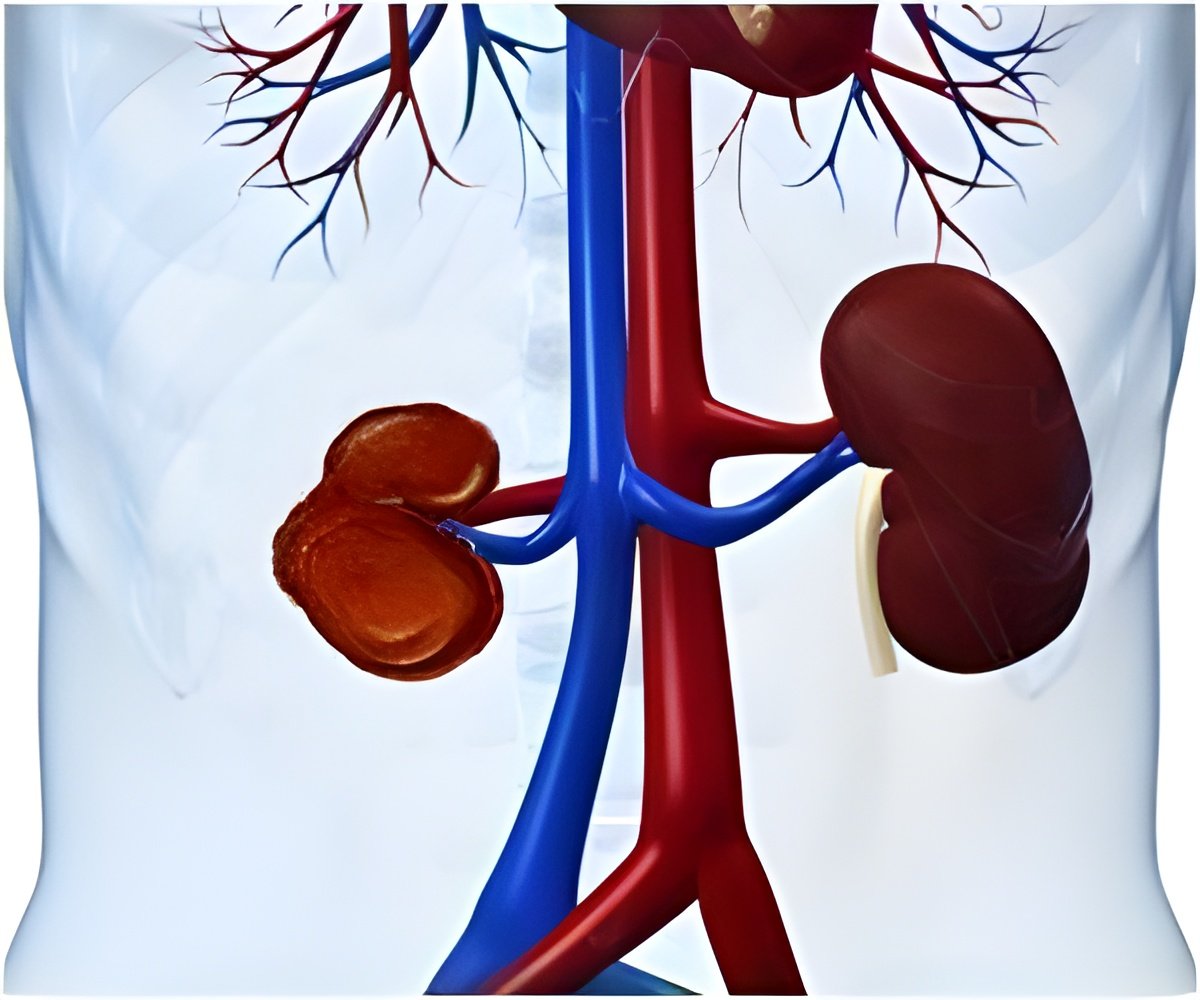
Cardiovascular disease is the number one killer of patients with chronic kidney disease (CKD), and insulin resistance-a lowered level of response to insulin circulating in the blood-is an important cardiovascular risk factor in these patients. It's not clear why patients with CKD often develop insulin resistance, but the retention of compounds that are normally removed from the blood and excreted in the urine may play a role. One such compound is p-cresyl sulfate (PCS), a toxin that is produced by gut bacteria. PCS is retained in CKD patients, and it is poorly removed by most dialysis techniques.
Christophe Soulage, PhD, Denis Fouque, MD, PhD, and Laetitia Koppe, MD (INSERM & Université de Lyon, in Villeurbanne, France) led a team that sought to determine whether PCS contributes to CKD-associated insulin resistance. They found that administering PCS to mice with normal kidney function for four weeks triggered insulin resistance, loss of fat mass, and a redistribution of lipids in the muscles and liver, mimicking features associated with CKD.
The researchers also found that mice treated with PCS exhibited altered insulin signaling in skeletal muscles. In addition, when mice with CKD were treated with a prebiotic that reduces blood levels of PCS, insulin resistance and lipid abnormalities were prevented.
Taken together, these findings suggest that PCS contributes to insulin resistance and that targeting PCS may help improve the health of patients with CKD.
"Because insulin resistance is an important cardiovascular risk factor, novel therapeutic approaches like prebiotics that could decrease PCS more substantially than currently available strategies must be developed, especially since this toxin is not very efficiently removed by dialysis," said Dr. Soulage.
Advertisement
Disclosures: The authors reported no financial disclosures.
Advertisement
The content of this article does not reflect the views or opinions of The American Society of Nephrology (ASN). Responsibility for the information and views expressed therein lies entirely with the author(s). ASN does not offer medical advice. All content in ASN publications is for informational purposes only, and is not intended to cover all possible uses, directions, precautions, drug interactions, or adverse effects. This content should not be used during a medical emergency or for the diagnosis or treatment of any medical condition. Please consult your doctor or other qualified health care provider if you have any questions about a medical condition, or before taking any drug, changing your diet or commencing or discontinuing any course of treatment. Do not ignore or delay obtaining professional medical advice because of information accessed through ASN. Call 911 or your doctor for all medical emergencies.
Founded in 1966, and with more than 13,500 members, the American Society of Nephrology (ASN) leads the fight against kidney disease by educating health professionals, sharing new knowledge, advancing research, and advocating the highest quality care for patients.
Source-Newswise














